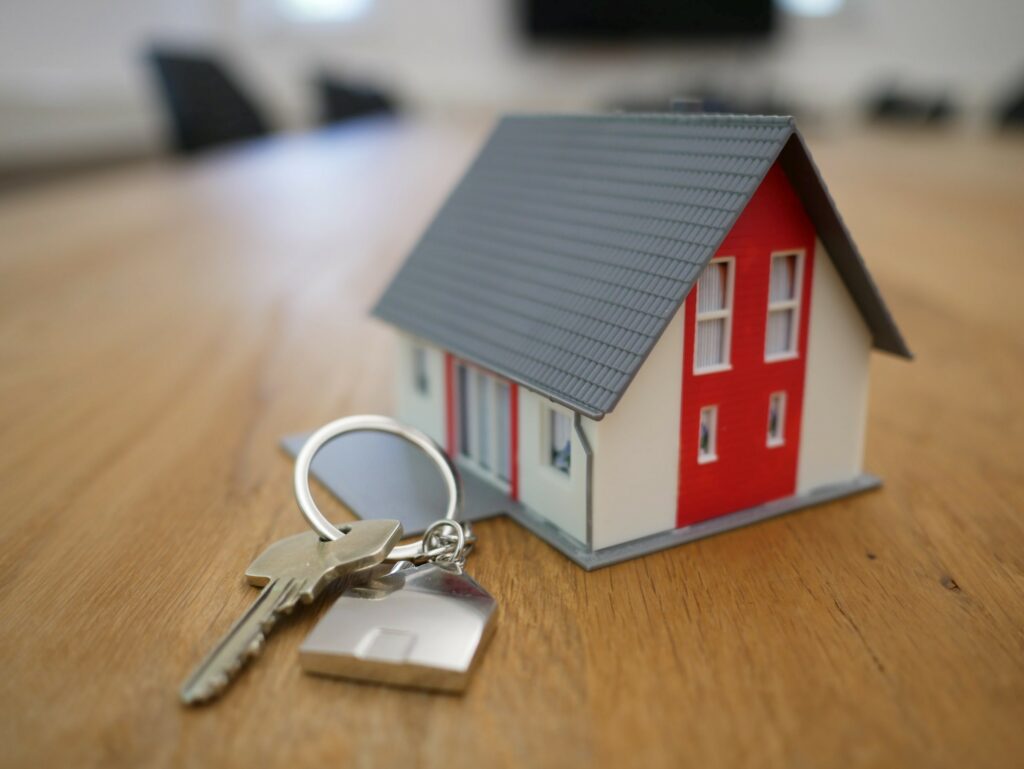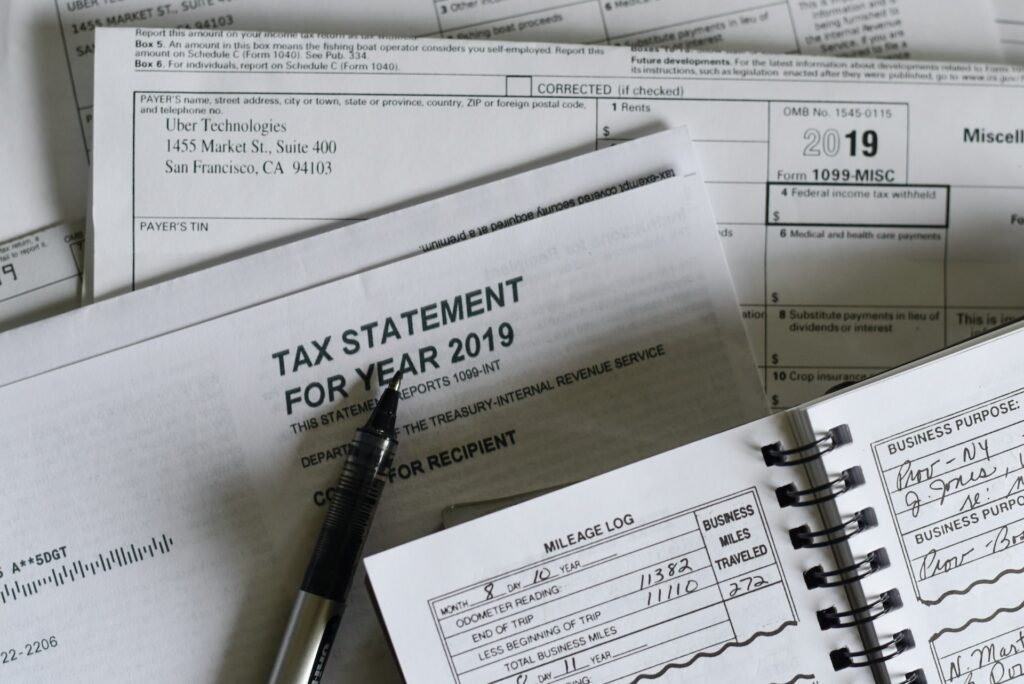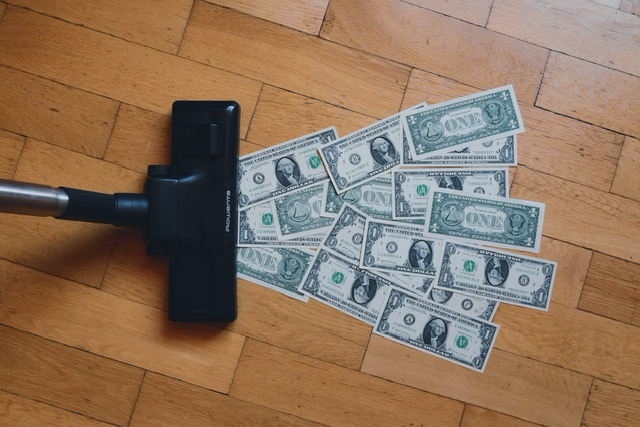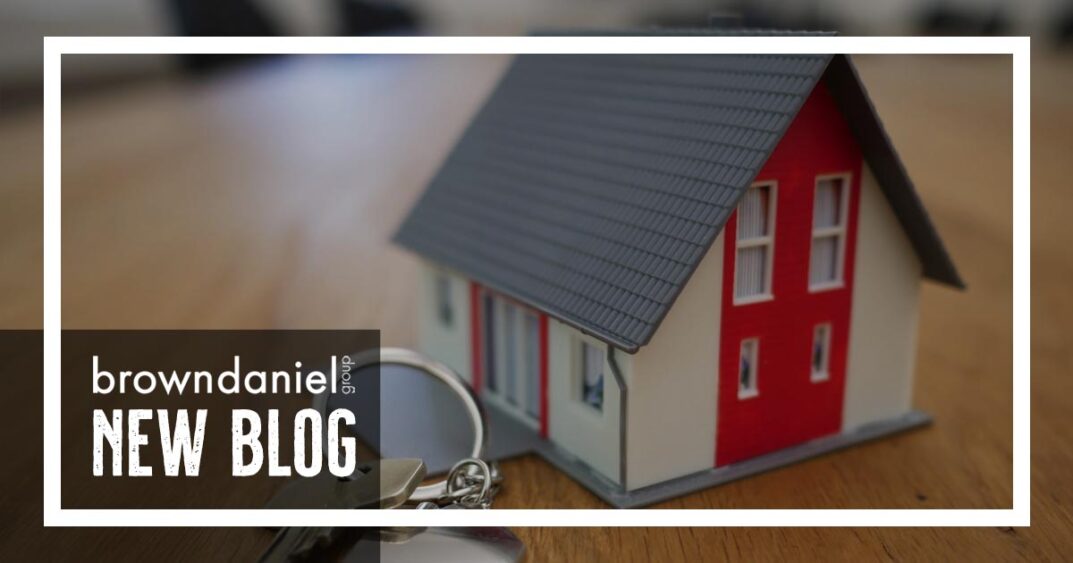
You’ve heard the term before, but are your sure you know what capital gains tax is and at what point in your financial life you will encounter it? If you are about to put your home on the market, depending on your specific situation, now may be the time to find out all about what it is, and how to lessen or avoid it. For many people, selling their home will not mean getting hit with capital gains tax because they are simply trading one mortgage for another similar one, while moving from one primary residence to another. However, there are a couple of real estate scenarios where you face the possibility of getting hit with this tax. If you are selling your primary residence and stand to make a significant, or if you are in the process of converting your primary residence into an investment property, now is the time for you to learn all about capital gains tax.
CAPITAL GAINS TAX – WHAT IS IT?

Like any other tax, the capital gains tax is a government imposed fee the earnings you make, specifically from investments like stocks or real estate. The amount of money you make from this sort of transaction is called your capital gain, and the capital gains tax is the cut you have to pony up to the government when you file your taxes. You will be responsible for paying the capital gains tax when you file for the calendar year in which the asset was sold, and the tax rate you pay will depend on factors such as how long you’ve owned the asset, and your income.
In real estate, the capital gains tax is applied to the profit you make on the sale of a home. If you only own one home, you may not have been exposed to this fee in the past, but the tax is always applied to the sale of second homes and investment properties. When you sell your primary residence, a capital gains tax need only be paid if your profit from the sale results in a gain of more than $250,000 for a single owner, or more than $500,000 for a married couple filing their taxes jointly. For example, if you purchased your property for $400,000 and are selling it for $485,000k, you will have a gain of $85,000, which will put you far away from the danger of paying capital gains tax on your profit. On the other hand, if you purchased your property many years ago for $250,000 and in today’s market you are able to sell that same property for $600,000, your gain is $350,000. If you are doing your taxes as a single filer, you are now responsible for capital gains tax on this profit.
WHAT IS THE CAPITAL GAINS TAX RATE?
Just like you pay both federal and state taxes on your income, you will be required to pay your capital gains taxes to both the federal government and to the state in which the property was sold. As mentioned above, if you are selling your primary residence, you are exempt from federal capital gains tax unless your profit from the sale is over $250,000 for individual tax filers, or more than $500,000 for married couples filing jointly. This rules applies if you have lived in your home for two of the last five years. However, when you are selling an investment property, vacation home or other type of secondary residence, you will pay a federal capital gains tax rate of 25% on the profit.
If your profit is subject to capital gains tax, you will also be paying state taxes. In Georgia, the rules for how much you will pay mirror the federal rules, the same concessions made for whether you are selling your primary residence or an investment property, and with the same consideration given for whether you have lived in the home for two of the last five years.
AVOIDING & REDUCING CAPITAL GAINS TAXES

House flipping has become a popular method for handy folks with an eye for renovations to make extra cash. They invest in a distressed property, purchasing it for much less than a similar house in good shape would cost, then renovate it themselves and sell it for a substantial profit. Since this would be considered an investment property or secondary home, the concessions made for primary residences when it comes to capital gains would not apply. You can avoid getting it with a huge capital gains tax bill if you do a “live in flip.” As long as you can stomach living in the home while you renovate it, and if you can slow the process of renovations down, you can avoid capital gains taxes by residing in the home for two years while you make all of the needed improvements.
Another way that some people avoid paying the full amount of capital gains taxes is by applying for a hardship concession. If you purchased the home intending to live there for at least two if not more years, but unforeseeable circumstances have resulted in you being forced to move earlier than planned, you may be eligible for a partial exemption. Moves dictated by the military, instances of major illness in your family and job changes can all be reasons to request an exemption.
Don’t forget to calculate the costs you’ve incurred making improvements to your home. If you bought your property 25 years ago when prices were much lower and are now selling for a significant profit, you can offset that amount by taking into consideration all that you have spent over the last 25 years in upgrades, renovations and repairs. Suppose you purchased your home for $250,000 and are not able to sell for $500,000. The $250,000 profit can be lowered if you calculate the amount of money you have poured into your home during that time. Have you purchased a new roof, installed new windows or garage doors, or repoured the driveway? These investments in your home really add up, and could drop your profit down below the capital gains tax threshold.
1031 EXCHANGE
The IRS will actually let you forego capital gains taxes altogether if you are taking your profits and putting them directly back into another piece of real estate. This is known as a 1031 exchange and it allows you to exchange your profits from one investment property to another. As long as you are always able to purchase another property, such as a bigger and better vacation home or a larger rental property, you can avoid ever paying your capital gains taxes. This will mean stair-stepping your investments, until you eventually either keep the last of the properties you have purchased, or decide to bite the bullet and pay the capital gains tax the final time you go through the selling process.
OFFSET CAPITAL GAINS WITH A CAPITAL LOSS

While we have so far been discussing the specifics of capital gains taxes when it comes to real estate, these taxes apply to any asset that you sell for a large gain. The flip side to selling a large asset for a gain though is taking a loss on a sale instead. Suppose there is a dip in the stock market and you sell of some stocks to avoid further losses, taking a one time loss of $25,000. If you sell a home in the same year for a profit, you can offset that amount by $25,000, the amount of your capital loss. For this to work you must suffer the loss and receive the gain in the same tax year. If you have several rental properties that you have considered selling, you may find that the ideal time to move forward with the transaction is right after you have taken a loss in some other area.
In fact, people who own several rental properties will occasionally purposefully sell one for a loss in order to offset the gain they have made on another. This won’t often be a good idea, but could be helpful if the property you take the loss on has become something of a financial headache, constantly a source of negative cash flow. Why not cut your losses when you have a large gain to offset come tax time?
Avoiding capital gains taxes is actually how some people first get involved in the rental property game. looking at a large tax bill when they sell their home could make some people reconsider the sale completely, choosing instead to keep their original residence when they move and renting it out instead. This doesn’t have to be a long-term situation – you could maintain the rental property only until a year when you have offsetting losses. This is often the path chosen by people with college-aged or young adult children who are happy to temporarily rent their parents home until they are more settled in their own lives.

